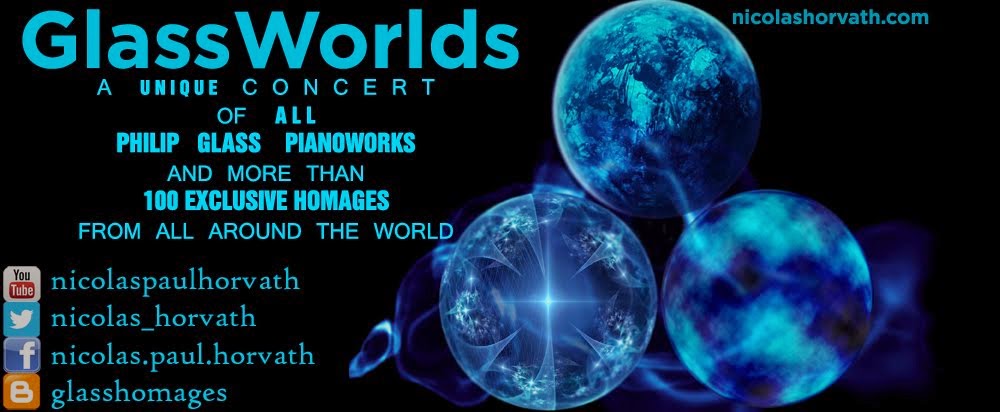Biography
William Susman
William Susman belongs to the generation of American composers that came of age in the late twentieth century, received traditional academic training while remaining thoroughly engaged with popular music (in his case, jazz). Susman has written orchestral and chamber music for concert performance, as well as jazz and film scores.
The Chicago native was trained in both classical and jazz piano. He studied at the University of Illinois with Herbert Brün, Salvatore Martirano, and Ben Johnston, and was invited by Pierre Boulez to work at IRCAM. As a result of winning a BMI award in 1985 for his orchestral work Pentateuch, Susman was selected by Earle Brown to receive a commission from the Fromm Foundation, making him the youngest composer ever to be commissioned by the foundation. His composition for the Fromm, Trailing Vortices (1986), has received numerous international performances, and went on to win the Gaudeamus Award. His orchestral and chamber music has been widely performed, and his music has been played by soloists such as Joan Jeanrenaud, formerly of the Kronos Quartet, and Joseph Gramley of the Silk Road Ensemble.
Susman's music is notable for his integration of a variety of influences, including the Western classical tradition, Afro-Cuban music, free jazz, and a variety of non-Western folk traditions, as well as the Fibonacci series and fluid mechanics. He has been especially active in the area of film scoring, focusing particularly on documentary films. At the 2005 Moondance Film Festival, he won the Seahorse/Best Score Award for Oil on Ice, and for Fate of the Lhapa in 2007. At the 2006 Park City Film Music Festival, he won the Gold Medal for Excellence/Jury Choice for Oil on Ice, and the Gold Medal for Excellence/Audience Choice for Native New Yorker.
-- Biography by Stephen Eddins for All Music Guide
1937
(by the composer himself)
1937 is a two part composition taken from my solo piano collection Quiet
Rhythms. Currently there are 44 pieces in Quiet Rhythms. Based on the birth year
of Philip Glass, I took Nos. 19 and 37 to create this homage.




Aucun commentaire:
Enregistrer un commentaire